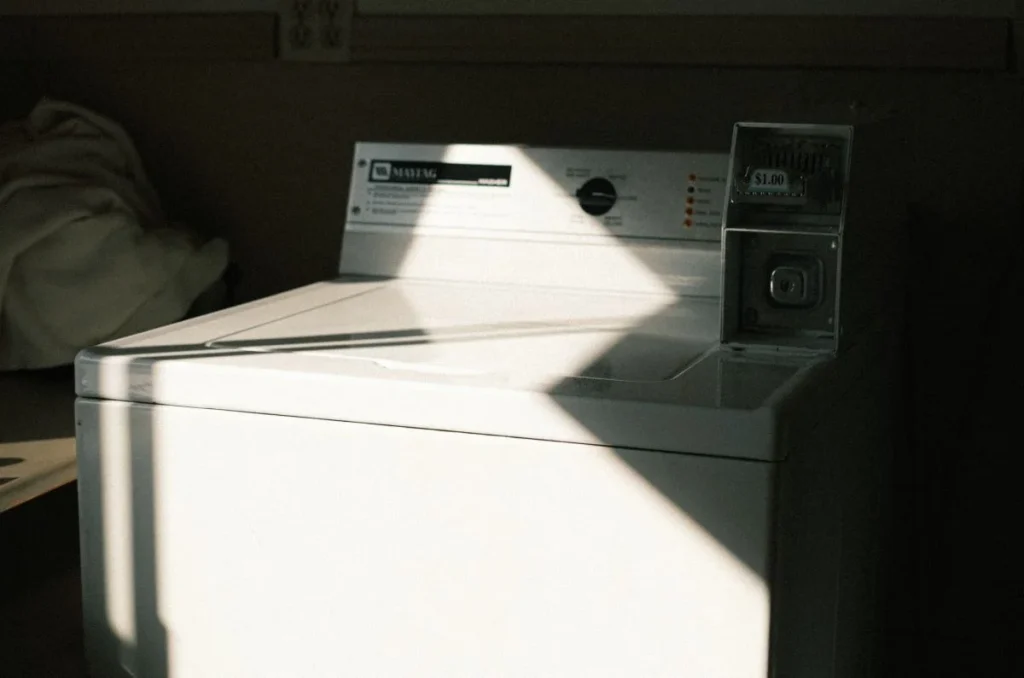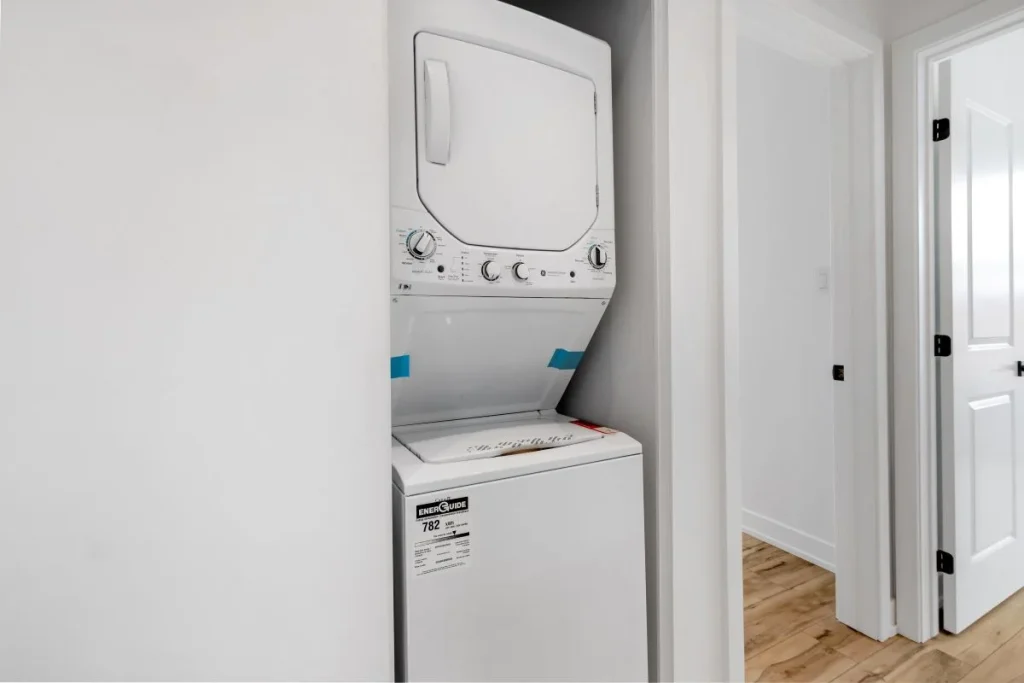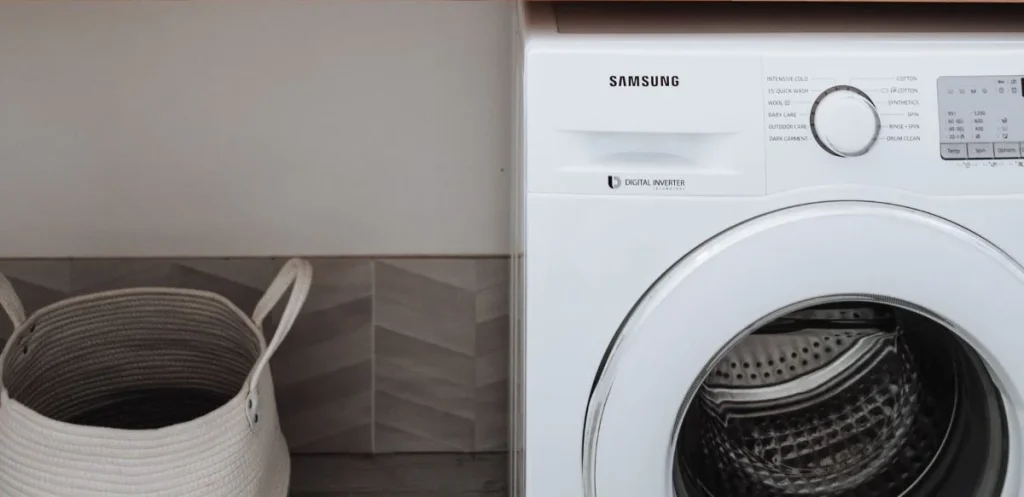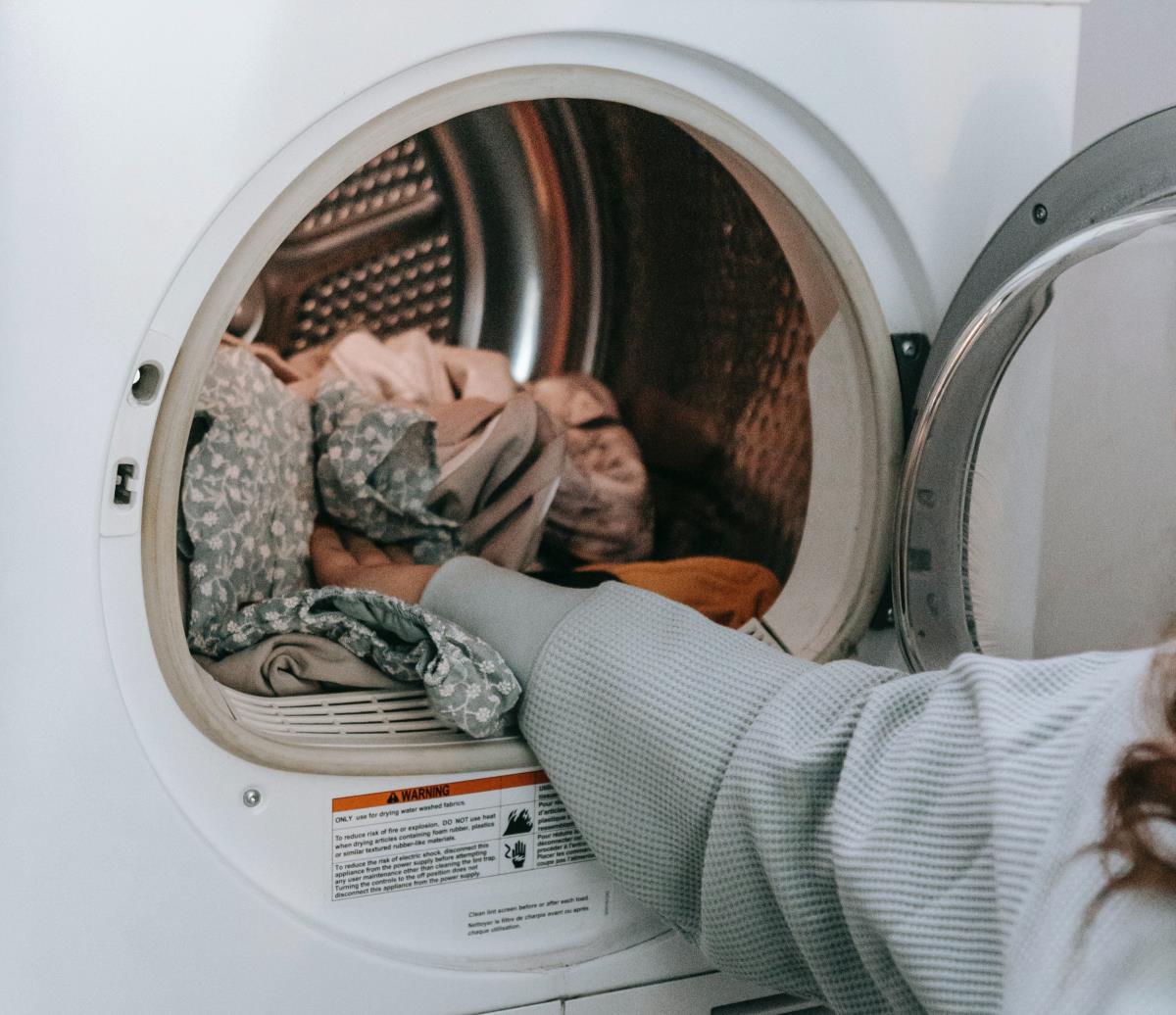Laundry used to require a whole day of hard physical labor before washing machines were invented, involving harsh detergent, scalding water, and rough tools. Because of advances in technology, the entire operation has been reduced by just tossing some items in a washing machine for an automatic wash cycle and then putting them in the dryer afterward.
When examining how to choose a washing machine, some consideration is required. Why? Simply because it is important to have good decision-making before the final purchase. A person must truly identify the specific requirements needed. Some live in a residential community but others live in a condominium like the Condo in Las Piñas and such. How much time does one spend doing laundry? For instance, does the user belong to a huge family that requires daily laundry, or maybe a single or a couple without children? It is also crucial to think about where the washer and dryer will be properly placed.
With that, this article will serve as a washing machine buying guide which is absolutely helpful for those who are planning to purchase a new washing machine or make renovations in the laundry area.
What is Most Important when Choosing a Washing Machine?

With all of the non-stop innovation in the laundry industry, there is an abundance of options. While this is a good thing, it also means that deciding on a washing machine model can be difficult. Front-loading or top-loading washer? High efficiency or traditional? Stackable or combination washer and dryer?
Capacity
When choosing a washing machine, capacity should be the most important consideration. The capacity of a washer is the amount of room inside the barrel, which defines the size of the load the machine can wash in a single cycle. Compact washers, standard washers, and big-capacity washers are the three major kinds of washing machines based on capacity. Furthermore, if the user washes bulky or heavy objects, a large-capacity washer might be appropriate. A large-capacity unit can offer the same features and wash cycles as typical models while still being as energy-efficient as a small washer.
Space

Always take measurements of the available area before purchasing a washer so that the user can pick an appliance that will fit smoothly. Available options include stackable and washer/dryer combinations. Ensure that there is enough room in the laundry room for the door to open fully for those who currently have a top-load washing machine and are thinking about switching to a front-load. Moreover, space is unquestionably important to consider especially for those who are living in a condo in Las Piñas to maximize whatever room space is available.
Efficiency
The most effective washing machines will have a good energy rating. They are a wise investment given the money that could potentially save on bills. It is important to consider energy savings over the course of any particular product. When compared to conventional washers, innovative washing machines use at least 50% less water to wash the clothes in a tiny amount of water and rinse them with high-pressure sprays. They are more energy efficient than conventional washers since they use 20 to 50 percent less water and less energy. Another point worth noting is that an efficient washing machine provides a great help for those people who are very busy and cannot give time to do various household chores. Choosing a washing machine that is appropriate for people’s time schedule gives a well-regulated life because it will help to execute work and life balance or even multitask to become more productive.
What are the Types of Washing Machines

Semi Automatic Washing Machines
Semi-automatic washing machines are less expensive than fully automatic washing machines. A Semi Automatic Washing Machine, on the other hand, is not totally automated, as the name implies. It does alleviate some of the workload, but not all of it. This is due to the fact that it requires a manual engagement to function properly.
Fully Automatic Washing Machines
A completely automatic washing machine completes the entire clothes-washing cycle with absolutely no human participation. It will rinse, wash, agitate, and spin dry the clothes on its own. When the timer goes off, the user simply removes the washed clothes from the machine’s basin and places them in an automatic dryer.
Which is Better Front Load or Top Load Washing Machine?

Front Load Washing Machine
This type of washing machine has a door on the front to load and unload clothing. Front-load washers use friction to clean fabrics by tumbling washing in a horizontal drum. In addition, when compared to top-load washing machines, this washer type uses less water every wash cycle. Front load washing machine is definitely one of the best options.
Why? Mainly because in practical terms, all front-load washers are high-efficiency models, which means they consume up to 80% less water and 40% less energy than standard top-loaders. These savings gradually accumulate and cancel out a higher initial expense. However, while front-loaders offer many advantages, some have drawbacks that other types of washing machines do not have. Vibration is one such issue that occurs when loads become unbalanced. With newer machines, this is less of an issue because most include methods to equalize rowdy loads, such as adding water to the cycle.
Top Loading Washing Machines
A top-loading washing machine has a cover on top, so clothing is loaded via the top of the machine. They are frequently, but not always, covered behind a hinged door. With this arrangement, users can load the clothes without bending over and, more significantly, add or remove laundry mid-cycle.
Furthermore, top-loading washing machines are slimmer, allowing users to fit the machine into a smaller area. To get rid of dirt and stains, top-load washers twist and swirl the laundry. A common feature of top-loading washers is an agitator, which is a center post that rubs against the clothing to better clean them.
How to Choose a Washing Machine

When choosing a washing machine, consider the following factors:
- Capacity: Determine the appropriate capacity based on your household size and laundry needs. A larger capacity is suitable for bigger families or if you have bulky items to wash, while a smaller capacity may be sufficient for individuals or couples.
- Types of Washing Machines: There are two primary types of washing machines: top-loading and front-loading. Top-loading machines are generally easier to load, while front-loading machines tend to be more energy-efficient and provide better cleaning performance.
- Energy Efficiency: Look for washing machines with high energy efficiency ratings, as they will consume less electricity and water. Energy-efficient models can save you money on utility bills in the long run.
- Spin Speed: Consider the spin speed, which affects how dry your clothes will be after a wash cycle. Higher spin speeds extract more water, reducing drying time. Opt for a machine with adjustable spin speeds to accommodate different types of fabrics.
- Special Features and Programs: Evaluate the available features and programs based on your specific needs. Some examples include quick wash, delicate cycles, steam cleaning, delayed start, child lock, and automatic detergent dispensers. Choose the features that align with your preferences and laundry requirements.
- Noise and Vibration: Look for washing machines that have noise and vibration reduction technologies. This is especially important if your laundry area is close to living spaces or if you prefer a quieter operation.
- Brand and Reliability: Research and consider reputable brands known for producing reliable washing machines. Reading reviews and seeking recommendations from trusted sources can help you gauge the reliability and durability of different models.
- Budget: Set a budget range before making a purchase. Washing machines vary in price, and determining your budget will help narrow down your options and focus on models within your price range.
- Warranty and After-Sales Support: Check the warranty offered by the manufacturer and the availability of after-sales support. A longer warranty period and reliable customer service can provide peace of mind and assistance in case of any issues or repairs.
By considering these factors, you can choose a washing machine that meets your specific requirements in terms of capacity, energy efficiency, features, reliability, and budget.
People can choose the best washing machine for their home depending on the available space in the laundry area. Those who live in Condo in Las Piñas can make this article as a washing machine buying guide to make sure that the washing machine will be placed in a good area where other appliances can be harmonized with one another.
Related Blog: House Cleaning Tips


